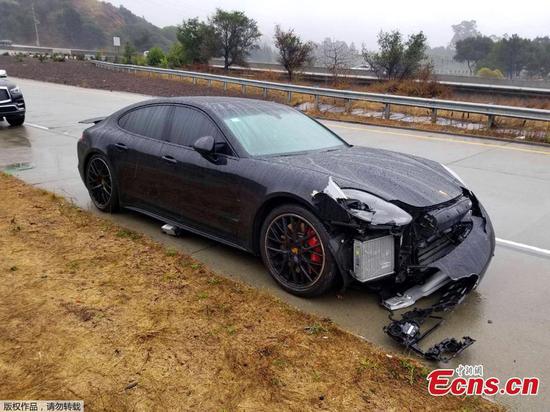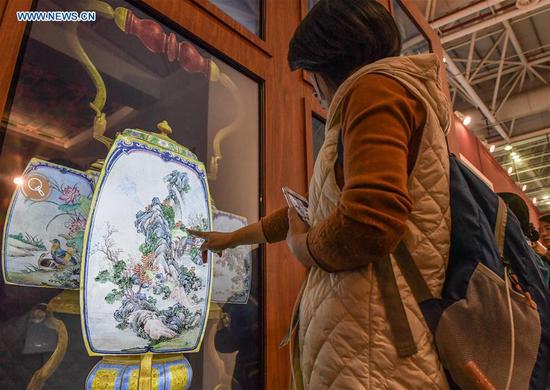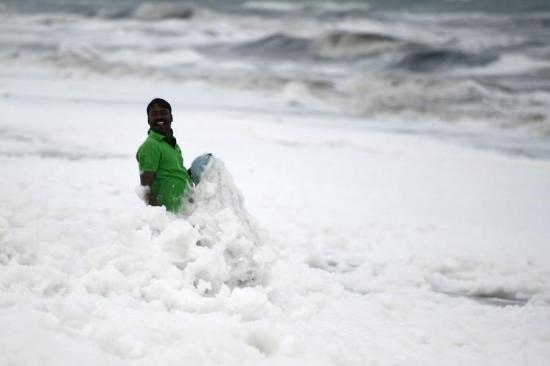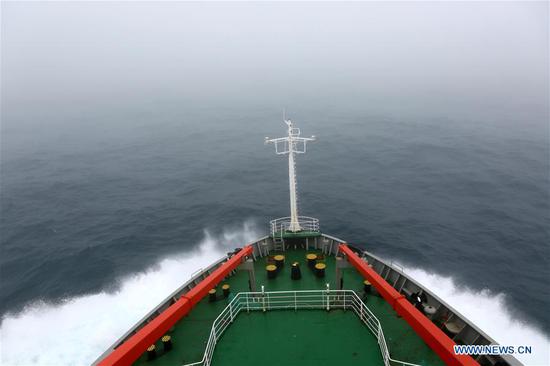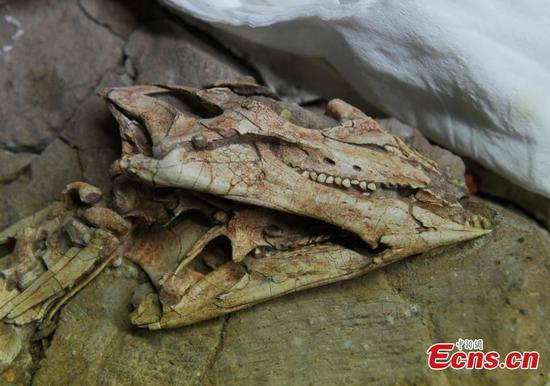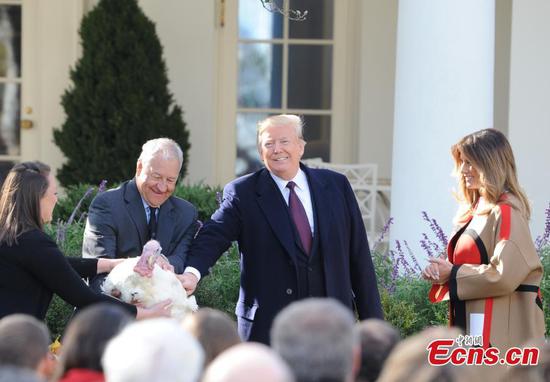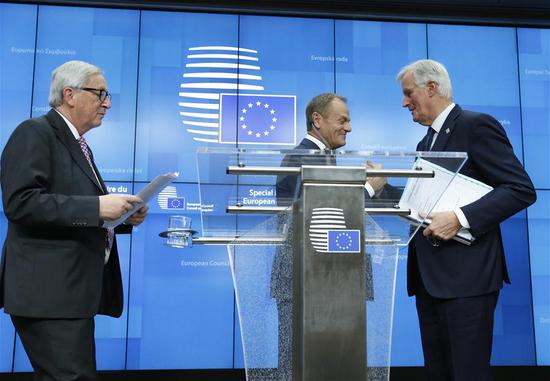
European Commission President Jean-Claude Juncker, President of the European Council Donald Tusk and the European Union's (EU) chief negotiator Michel Barnier (from L to R) greet each other after a press conference at the end of a special Brexit summit in Brussels, Belgium, Nov. 25, 2018. (Photo/Xinhua)
The Brexit deal thrashed out between negotiators from the European Union and the United Kingdom has been approved by the leaders of EU member nations, paving the way for the British Parliament to consider it in the weeks to come.
Donald Tusk, president of the European Council, said the 27 other nations gave their approval after a mere hour of talks in Brussels over the weekend.
The rubber-stamping of the draft deal was widely expected despite last-minute drama that saw Spain threaten to oppose the deal over its concerns about Gibraltar, which is controlled by the UK but over which Spain also claims sovereignty.
The deal must now go before the UK Parliament in a vote expected in the second week of December. Many members of Parliament are expected to vote against the deal.
European Commission President Jean-Claude Juncker told British MPs that this was the "best deal" and the "only deal possible". He also said that this was a "sad day" and that no one should celebrate the prospect of the UK leaving the EU.
Downing Street issued a statement on Saturday in which Prime Minister Theresa May said: "As Prime Minister of the United Kingdom, I have from day one been determined to deliver a Brexit deal that works for every part of our country-for England, Scotland, Wales and Northern Ireland-for our overseas territories like Gibraltar, and also for the Crown Dependencies. This deal will do that."
May is expected to travel the country for the next two weeks in a bid to get MPs onside ahead of the vote in Parliament. Should she fail, several possibilities remain, including renegotiations with the EU, a general election or a "no deal" withdrawal from the EU.
Three main issues, including the Northern Ireland border, the cost of leaving the EU and citizens rights are at the center of the deal. The UK has agreed to settle a 39 billion pound ($50 billion)"divorce bill" with the EU. The deal also aims to protect the rights of EU citizens in the UK, and UK citizens in the EU. A Northern Ireland "backstop" was agreed, that promises to keep the border open if trade talks break down.
Several British politicians criticized the deal following its approval by the EU, including Scottish First Minister Nicola Sturgeon. "This is a bad deal, driven by the prime minister's self defeating red lines and continual pandering to the right of her own party," Sturgeon wrote on Twitter. "Parliament should reject it and back a better alternative."
Meanwhile, the Democratic Unionist Party, the Northern Irish party that props up May's government, said that it would "review" its support if her Brexit plan is approved by Parliament, according to the Associated Press.
The 27 EU nations, the so-called EU27, also endorsed a political declaration laying out the vision for the future of EU-UK relations.














